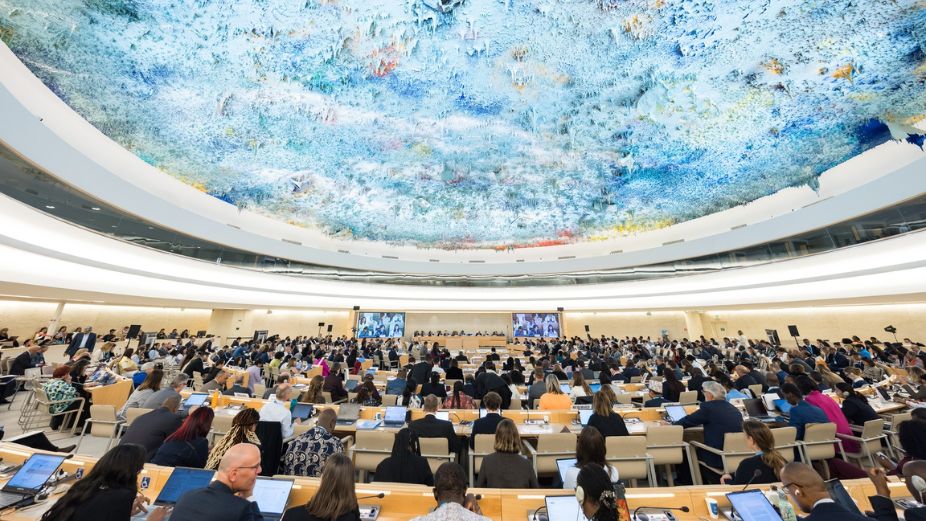
Minister of Health Abdulla Nazim Ibrahim has called for sweeping reforms to decentralise healthcare services across the Maldives, stressing that local-level resilience is critical to addressing the country’s evolving public health landscape. Speaking at the 78th World Health Assembly (WHA78) in Geneva, Minister Nazim underscored the urgent need to adapt to the rise in non-communicable diseases (NCDs) and climate-induced health risks.
The World Health Assembly, which took place from 19 to 27 May, brought together representatives from WHO member states under the theme “One World for Health”. Central topics included pandemic preparedness, antimicrobial resistance, and sustainable health financing.
Addressing the assembly, Minister Nazim highlighted that while the Maldives has achieved impressive outcomes in maternal and child health, comparable to those of developed countries, new and more complex threats are emerging. The increasing prevalence of chronic illnesses, coupled with the health impacts of climate change, demand a more robust and regionally responsive system, he said.
Given the Maldives’ dispersed geography, the minister pointed to decentralisation as the only viable solution for ensuring equitable healthcare access. With more than 180 inhabited islands, the challenge lies in delivering consistent, high-quality care regardless of location.
While Minister Nazim’s remarks at WHA78 signal a strong rhetorical push for decentralisation, the broader direction of government policy has often leaned towards centralisation, particularly in terms of procurement, regulatory oversight, and specialist services. Though island-level health centres continue to operate, decision-making and resource allocation remain largely concentrated in Malé. The minister’s call may reflect a growing recognition within the administration that this model must evolve if health outcomes are to improve equitably across the archipelago.
To that end, Minister Nazim announced plans to expand Aasandha, the national health insurance scheme, reinforcing its role in supporting universal health coverage and mitigating financial barriers to treatment. He also reaffirmed the government’s stance on tobacco control, citing the importance of shielding future generations from preventable diseases.
The minister further welcomed the formal adoption of the Pandemic Agreement at this year’s session, describing it as a milestone in international cooperation. The agreement, negotiated over three years and adopted on 20 May, is only the second legally binding instrument under the WHO constitution after the Framework Convention on Tobacco Control.
For small island developing states like the Maldives, where geographic vulnerability amplifies health challenges, Minister Nazim said the assembly’s theme carried particular relevance. He urged the international community to recognise the disproportionate burden carried by such nations and to build mechanisms for inclusive, equitable health protection globally.











